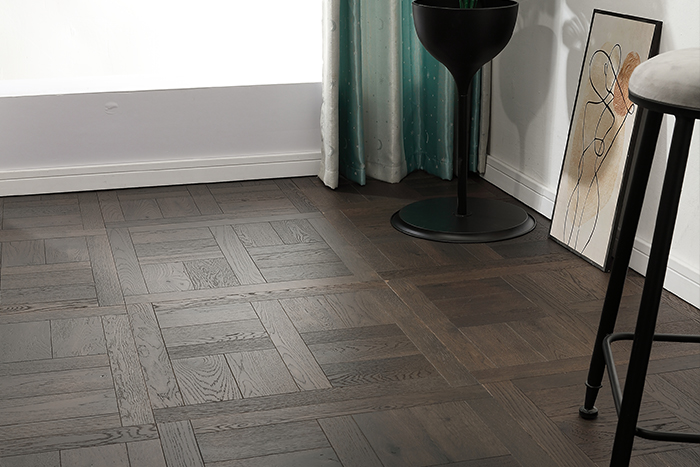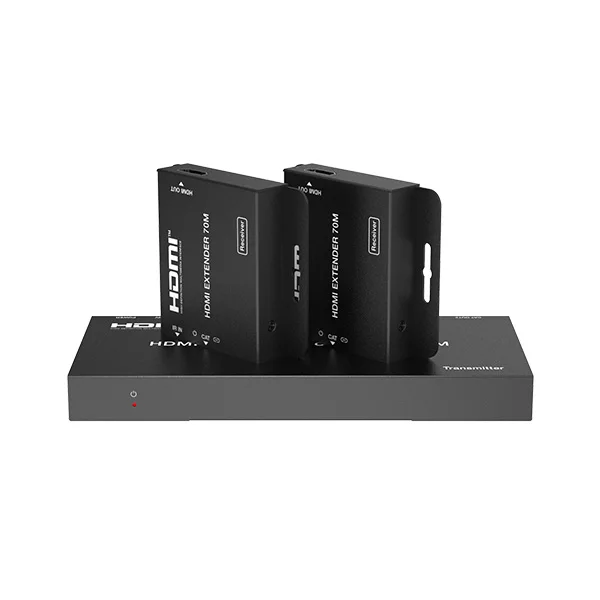Camping is a beloved outdoor activity that allows individuals and families to reconnect with nature, escape the hustle and bustle of daily life, and create lasting memories. However, to ensure a safe and enjoyable experience, it is crucial to understand what items should not be kept in a tent. This article delves into the various categories of items that can compromise safety, comfort, and the overall camping experience, providing practical insights for both novice and seasoned campers.
- Food and Scented Items
One of the most critical aspects of camping is managing food storage. While it may be tempting to keep snacks and meals within arm's reach, storing food inside your tent can attract unwanted wildlife. Animals such as raccoons, bears, and even smaller critters like mice are drawn to the scent of food, which can lead to dangerous encounters.
Best Practices:
- Store food in bear-proof containers or hang it from a tree at least 100 yards away from your tent.
- Keep scented items, including toiletries and cooking utensils, outside the tent to minimize odors that could attract animals.
- Valuables and Electronics
While it may seem convenient to keep your phone, wallet, or other valuables in your tent, doing so can pose significant risks. Tents are not secure structures, and leaving valuables unattended can lead to theft or loss. Additionally, electronics can be damaged by moisture or extreme temperatures.
Best Practices:
- Leave valuables at home or store them in a secure vehicle.
- If you must bring electronics, use waterproof cases and keep them in a dry bag outside the tent.
- Flammable Materials
Safety should always be a priority when camping. Keeping flammable materials such as gasoline, propane tanks, or even certain types of camping stoves inside your tent can create a fire hazard. The confined space of a tent amplifies the risk of fire, which can quickly become uncontrollable.
Best Practices:
- Store all flammable materials outside the tent, ideally in a designated area away from sleeping quarters.
- Ensure that cooking equipment is used in well-ventilated areas and is completely cooled before storing.
- Excessive Gear and Clutter
Overpacking is a common mistake among campers. While it’s essential to bring necessary gear, excessive items can lead to a cluttered and uncomfortable living space. A cramped tent can hinder movement, create stress, and even pose safety hazards, especially in emergencies.
Best Practices:
- Pack only essential items and consider multi-functional gear to save space.
- Organize your gear in a way that allows easy access to frequently used items while keeping the tent tidy.
- Dirty or Wet Clothing
After a day of hiking or exploring, it’s natural to want to change into comfortable clothing. However, keeping dirty or wet clothes inside your tent can lead to unpleasant odors and attract insects. Moreover, moisture can create a damp environment that promotes mold and mildew growth.
Best Practices:
- Designate an area outside the tent for changing clothes and drying wet items.
- Use a waterproof bag for dirty clothes and store it outside the tent.
- Insect Repellents and Chemicals
While insect repellents are essential for outdoor activities, storing them inside your tent can pose health risks. Many repellents contain chemicals that can be harmful if inhaled in a confined space. Additionally, spills can create sticky messes that attract insects.
Best Practices:
- Apply insect repellent before entering the tent and store it outside.
- Use natural alternatives when possible to minimize chemical exposure.
Conclusion
Understanding what not to keep in a tent is crucial for ensuring a safe, enjoyable, and comfortable camping experience. By adhering to these guidelines, campers can minimize risks, protect their belongings, and enhance their overall outdoor adventure. Remember, the goal of camping is to immerse yourself in nature, and maintaining a clean, organized, and safe tent environment is key to achieving that goal. Happy camping!

